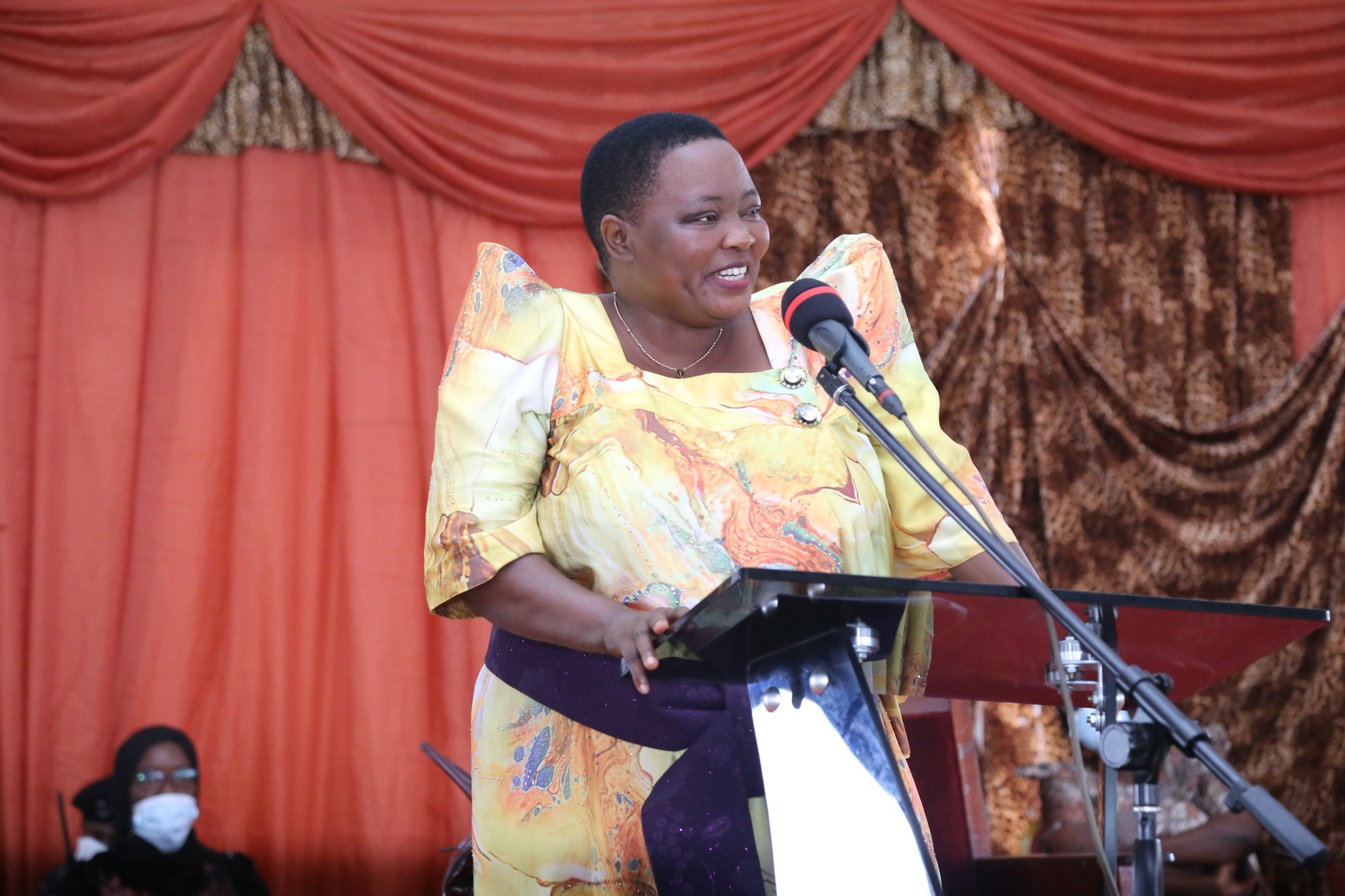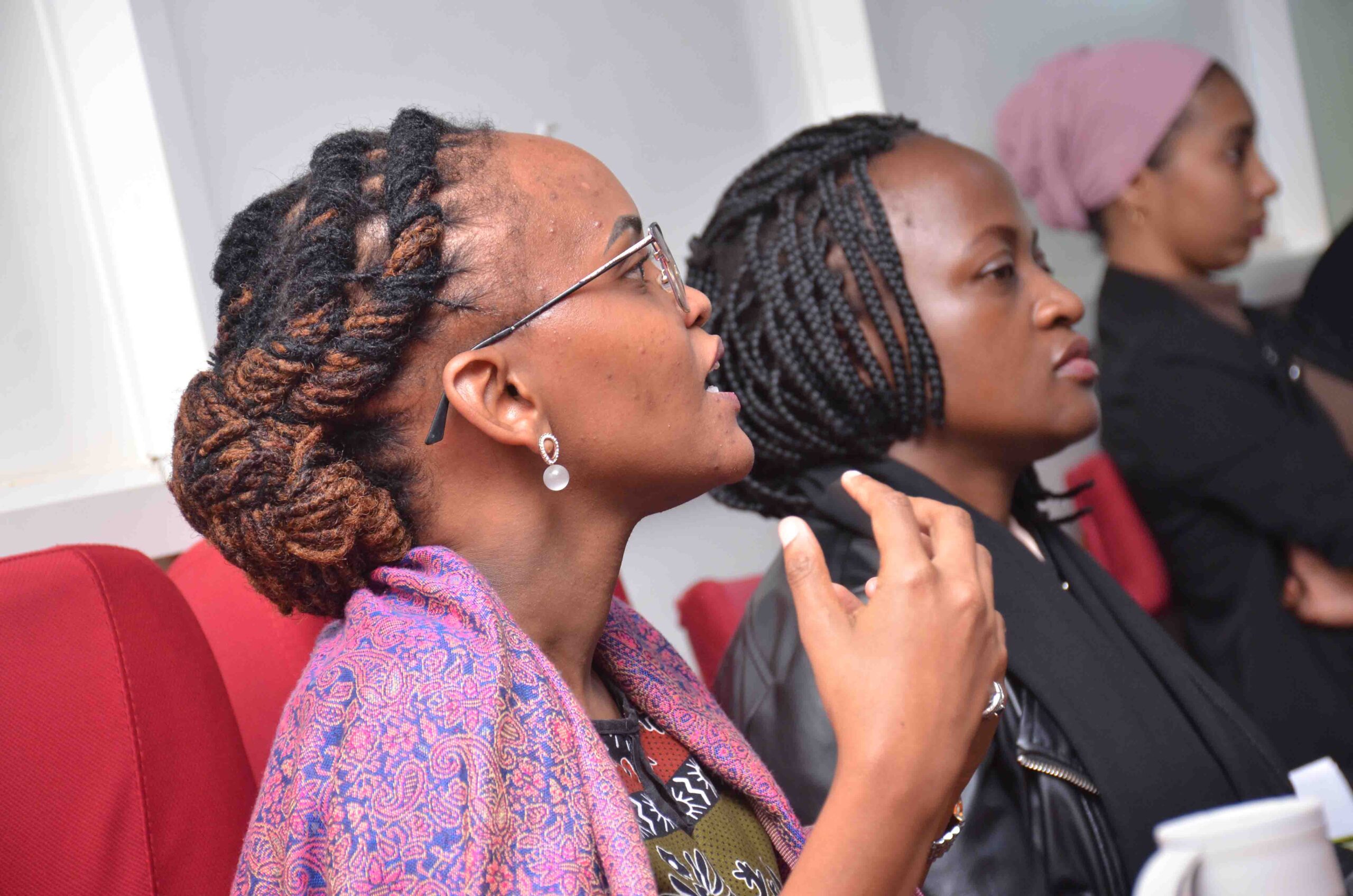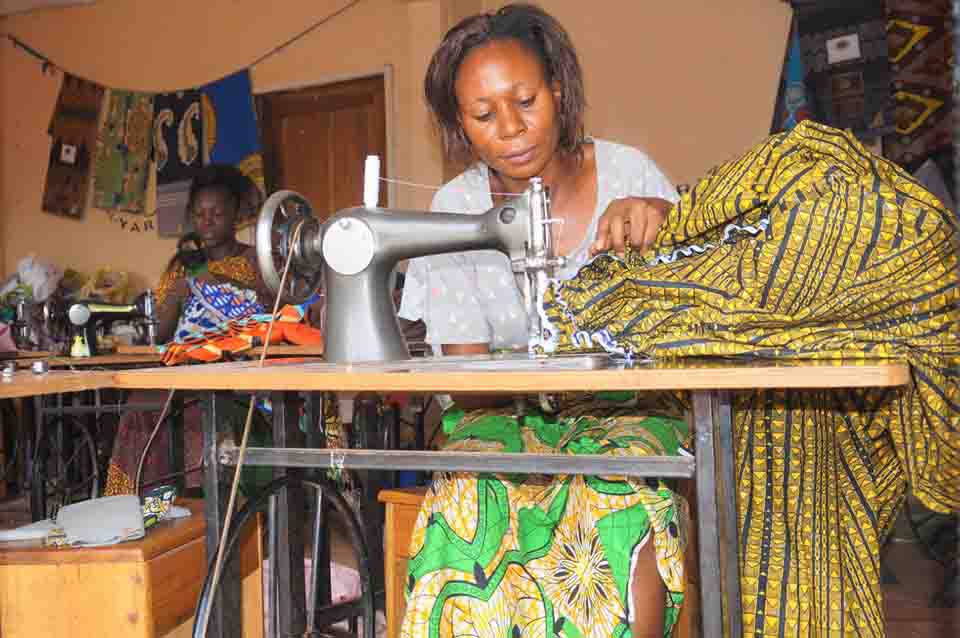Addressing the Plight of Adolescent Girls and Young Women in Uganda: The Struggle Against Teenage Pregnancy
Young people attend efiug's ASRH Services training at the IT hub in Kampala
In Uganda, adolescent girls and young women face a multitude of challenges that threaten their futures. Among the most pressing issues is teenage pregnancy, which has profound social, economic, and health implications. As of 2024, teenage pregnancy remains alarmingly high, with about 25% of girls aged 15-19 either pregnant or having already given birth. This situation is exacerbated by a myriad of factors, including inadequate sexual and reproductive health education, socio-economic pressures, and cultural norms that perpetuate gender inequality.
The Scope of the Problem
The COVID-19 pandemic has exacerbated the situation, disrupting educational and social support systems. School closures led to a surge in teenage pregnancies as girls were left more vulnerable to exploitation and lacked access to necessary health services. The economic downturn forced many families into poverty, further increasing the likelihood of early marriages and pregnancies as survival strategies. In urban areas, challenges such as domestic violence, child labor, and limited access to reproductive health services are particularly acute, pushing many young women into motherhood before they are ready.
Innovative Responses and Resilience
Despite these challenges, there are glimmers of hope. Various initiatives have emerged to combat the high rates of teenage pregnancy and support young mothers. For instance, the UNFPA has been at the forefront, organizing youth-led dialogues like the “Ending Teenage Pregnancy HackLab Dialogue,” which encourages young innovators to create solutions tailored to their communities. These solutions range from providing sexual health information through digital platforms to mentorship programs that empower girls with life skills and self-worth.
Organizations like Save the Children have also played a crucial role by supporting pregnant girls and young mothers in their efforts to return to school. These programs not only offer educational support but also address practical barriers such as childcare, allowing young mothers to continue their education and pursue their dreams.
The Way Forward
The fight against teenage pregnancy in Uganda requires a multifaceted approach that includes comprehensive sexual education, stronger legal protections, and targeted social protection programs. Communities must be sensitized to the importance of keeping girls in school and preventing child marriages. Government and non-governmental organizations should continue to work together to provide resources and support for adolescent girls, ensuring they have the opportunities to build a better future.
Conclusion
Adolescent girls and young women in Uganda are at a critical juncture. While the challenges they face are significant, the resilience and determination they have shown offer hope. With continued support and innovative approaches, there is a path forward that can break the cycle of poverty and inequality, allowing these young women to thrive and contribute to their communities.
References:
- UNFPA Uganda – Young innovators create solutions to ending teenage pregnancy.
- Save the Children – Teenage mothers and pregnant girls campaign to return to school.



